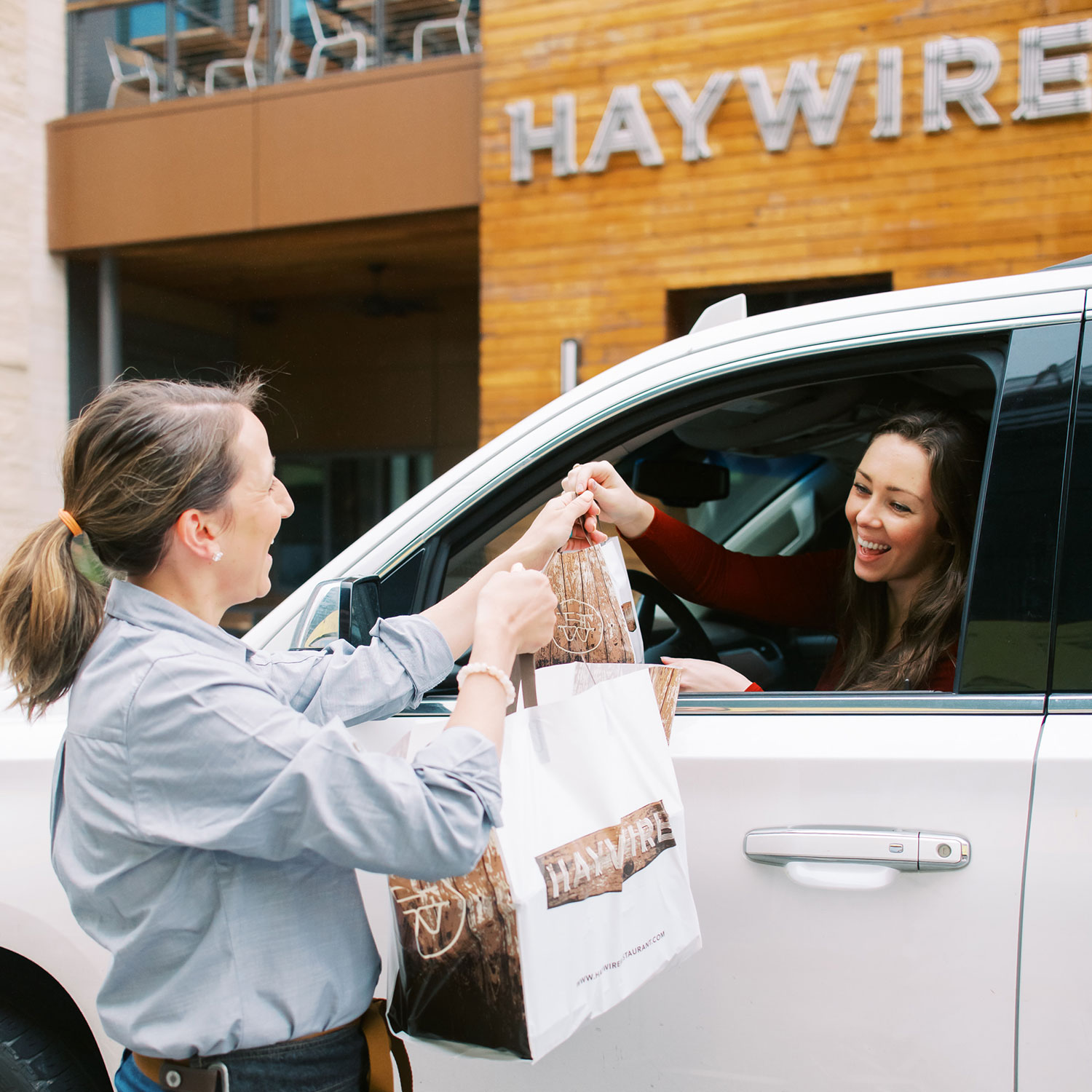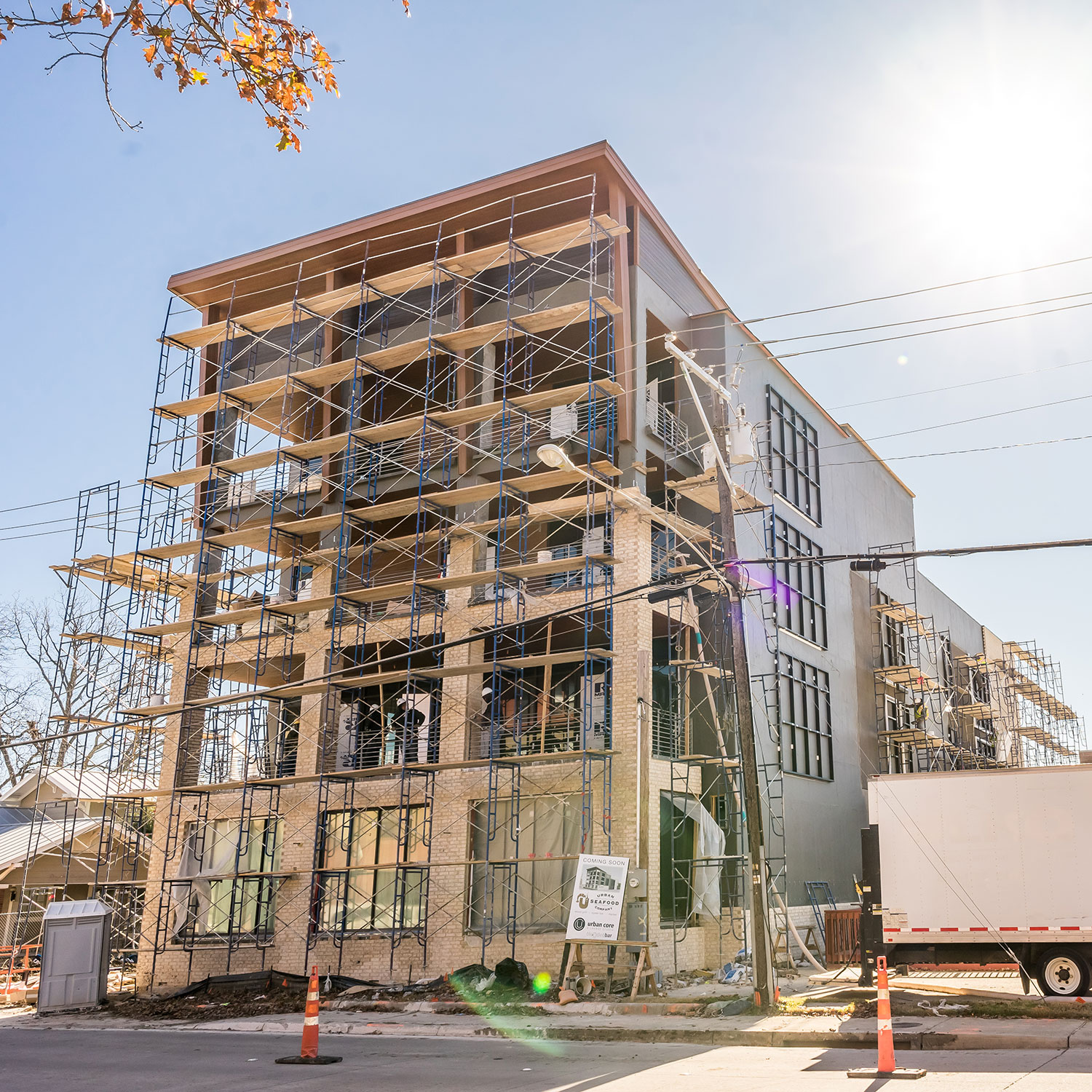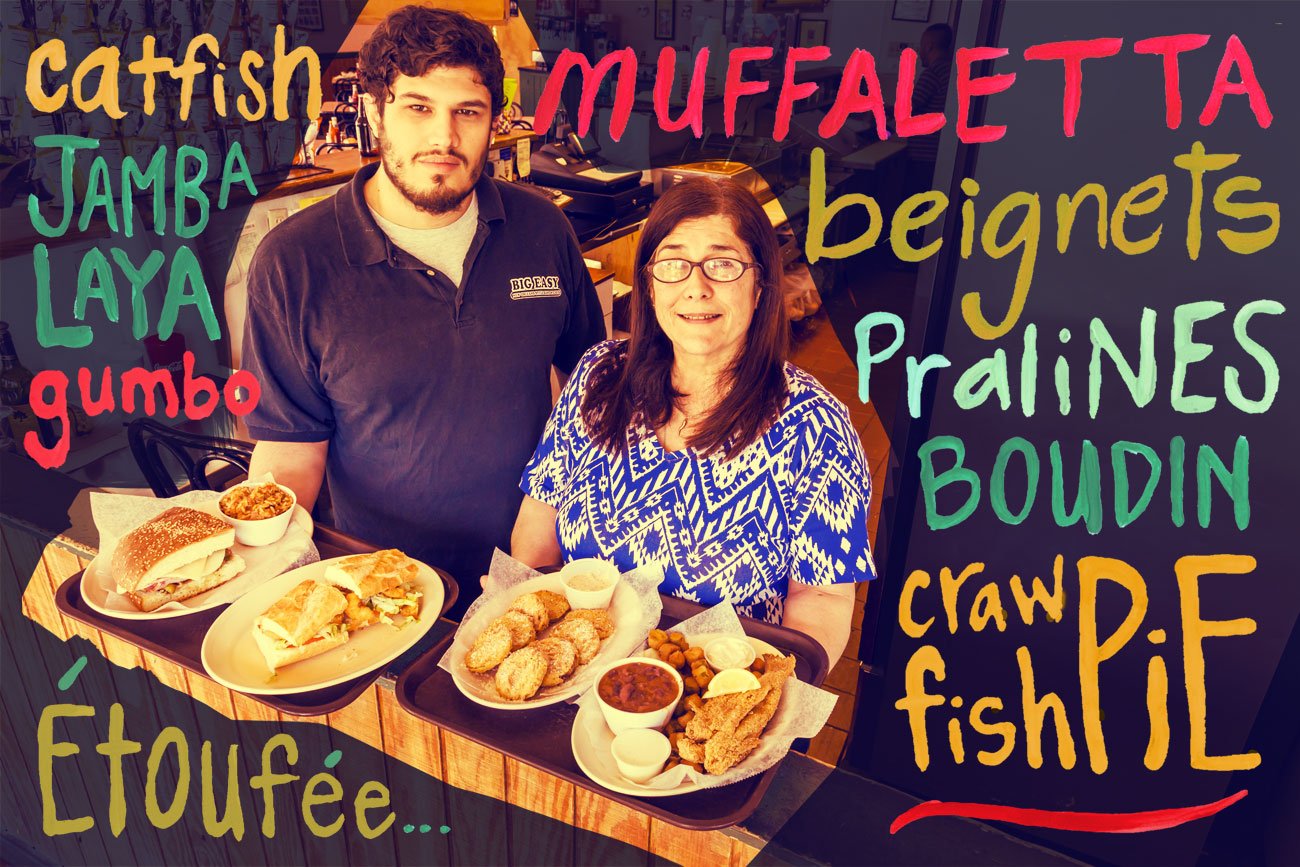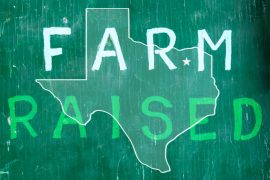2020 Was a Disaster for the Restaurant Industry. Now What?
The COVID-19 pandemic has impacted some industries worse than others, but one especially feeling the brunt has been restaurants. Throughout Dallas and the rest of the nation, the numbers of restaurants permanently closing are staggering.
“At this point, we know 10 percent [in Texas] have already closed, and it could get as high as 20 to 30 percent,” said Joe Monastero, chief strategy and operations officer for the Austin-based Texas Restaurant Association (TRA), in late December.
According to Rachel Patterson, director of environmental health and sustainability for the City of Plano, the way that the city keeps track doesn’t allow for a differentiation between permanent closure of a restaurant as opposed to a change in ownership. By this publication’s tally, there have been at least 35 permanent restaurant closures in Plano since last March, but there are likely many more.
Pre-pandemic, Texas restaurants were part of a $70 billion industry with 50,000 units statewide, were Texas’ second-largest private employer and accounted for 51 percent of Texas food dollars.
According to TRA, 600,000 restaurant workers were unemployed at the height of the pandemic. That number has since dropped to somewhere between 200,000 and 350,000.
In late December, President Trump signed the $900 billion stimulus package and $1.4 trillion omnibus spending bill. Part of this package is a second round of loans for restaurants and small businesses through the Paycheck Protection Program (PPP) of the CARES Act, a bill which gives Monastero added optimism for 2021.
“This is a definitely a great down payment on what’s going to be needed for rebuilding the industry,” Monastero said. “It’s a bridge that’s going to get these businesses who were on the verge of closing the ability to survive the winter.”
“It doesn’t matter where you are in the country, January and February are probably the two slowest months in the restaurant industry. It’s just the nature of the beast. It’s a critical down payment at a critical time for the industry.”
Rolling with the Changes
In 1978, REO Speedwagon released the song “Roll with the Changes,” now a classic rock staple. And roll with the changes is exactly what DFW restaurateurs have been doing since the start of the pandemic.

Jason Morgan is CEO for Original ChopShop and Bellagreen restaurants, both headquartered here and offering healthier options; he takes pride in the proactive approach both brands adopted in March.
“We moved pretty fast at the very beginning. We decided we had four goals,” Morgan said.
“One, we wanted to improve goodwill with our employees. The second one is we wanted to improve goodwill with our customers. The third was convince people to order directly through us instead of third-party sites. The fourth was take advantage, from a real estate standpoint, whether that’d be working through existing leases or potential new sites that might come available post-pandemic.”
Morgan has also instituted curbside delivery for both brands and spearheaded a loyalty program for Original ChopShop which has already delivered big results, with 18,000 app downloads and 70,000 members.
Nathan Shea, co-owner of Urban Family Restaurants, which includes Urban Crust, Urban Rio and under-construction Urban Seafood Company in Downtown Plano, is among restaurateurs who have expanded relationships with third-party delivery sites like Doordash and Uber Eats during the pandemic.

Legacy Hall has adopted a similar strategy.
“We also expanded third-party delivery and implemented mobile ordering technology to facilitate pick-up and to-go dining,” said Kulsoom Klavon, vice president of curation for The Food Hall Company, which manages Legacy Hall.
“Legacy Hall has a large footprint both indoors and outdoors, and given the flexibility of our space, we were able to easily configure our seating to accommodate social distancing requirements.”
True Package Deals
Many local restaurants also started offering full meals to-go, including alcohol, at the onset of the pandemic as additional sources of revenue.
For owners like Rick Oruch, founder of Sea Breeze Fish Market & Grill, which celebrates its 14th anniversary in April, those packages have been a godsend.
“Well, we shut down March 20 and opened back up May 20. During that time, we started doing Fish Market Fridays,” Oruch said. “We’d send out an email Sunday. People would place their order by Wednesday and pick up their fish Friday because they couldn’t get fresh fish for those couple of months we were closed. That was very successful.”
Sea Breeze’s DIY and Heat ’n’ Eat meals, which include dishes like Lobster Thermidor, have also proved popular with customers.
Urban Family Restaurants has also effectively utilized packaged dinners during the pandemic.
“Allowing us to do alcohol to go has been huge, and hopefully that’ll continue after this is under control. We did a lot of wine dinners, cocktail dinners and things like that,” Shea said.
“That has slowed down a lot, so we switched to virtual dinners where we package the food, they pick it up and then we have videos already prepared. They watch the video, and it pairs the wine and the cocktails with the food, and they can watch it at their leisure. That’s been really successful for us. We’ll probably continue to do that.”
So, What About 2021?
What do restaurateurs and others in the industry forecast for this new year? Well, restaurant owners agree the first few months, possibly even the first quarter, could be tough but see things improving as the year progresses and more Americans receive the COVID-19 vaccine.
“The COVID-19 crisis has accelerated some trends that were already on the horizon. We can expect to see more off-premises dining in 2021 and beyond. Those restaurants that offer delivery and takeout options will have a stronger chance of being able to survive and eventually thrive,” Klavon said.
Front Burner Restaurants, LLC, which oversees successful brands like Ida Claire and Mexican Sugar, is using the pandemic as an opportunity to rebrand as FB Society, which will integrate all Front Burner concepts to deliver unrivaled experiences to employees and guests.
“While so many brands were forced to retract, or even shut down during the current crisis, we made a decision that Front Burner would not only survive, but emerge smarter, stronger and more cohesive,” said Randy DeWitt, chairman of FB Society.
In the coming months, FB Society will expand existing brands Sixty Vines, Son of a Butcher and Whiskey Cake and introduce new concept Buttercup, which will offer chicken tenders.

However, no matter the state of the industry, there is one aspect of the restaurant business that will never change – a strong sense of unity between restaurant owners, employees and their customers, that they are truly all in this together.
The one thing I love about our industry is even when they’re near the bottom and are struggling for their own survival, they always somehow find a way to think about everybody else, too,” Monastero said. “It’s really something special.”
And TRA is doing its part through its Restaurant Relief Fund, which has doled out more than $2 million in grants to 400-plus restaurants since its inception in late March 2020.
But what can we, the dining public, do to ensure our favorite restaurants not only survive, but thrive? Monastero offers several tips.
“Continue to dine out – inside or outside – carry out, order delivery and order gift cards. They help infuse capital into restaurants, especially for your local, independent restaurants.”





